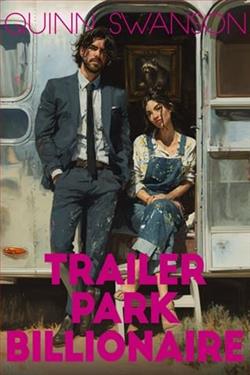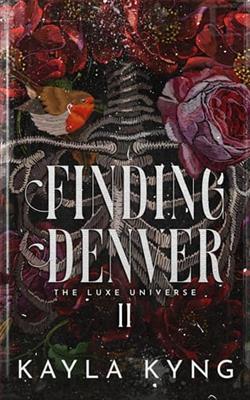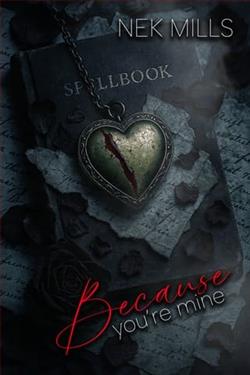Page 58 of Breaking Through
Wade's hand settled on my lower back, steady despite everything. "He'll know what to say. He always does, but one stop first, if that's okay?"
I nodded. "Sure."
Wade pulled away from the visitor center. He took the fork toward Eagle Point, where morning fog clung to the limestone cliffs. His hands were steady on the wheel.
The trail had changed considerably since summer. A November frost created treacherous slick patches between the tree roots. Wade's boots found each step with practiced ease while I followed, the camera bouncing against my chest. Neither of us spoke.
We heard Mike before we saw him—the soft scratch of charcoal on paper audible through the still air. He sat ona boulder, thermos propped between his feet, working on something larger than the sketches on the visitor center wall.
Wade cleared his throat to announce our presence, mindful of startling another veteran.
Mike didn't look up. "Caught the sunrise, Forrester?"
"Lake was good this morning." Wade's voice was flat and emotionless, careful to not create an undue disturbance. "Holden caught it on film."
Mike glanced up, his dark eyes finding mine before sliding to the folder visible in my bag. Understanding dawned. "Ah. You're showing him the plans."
"We thought—" Wade started, but Mike cut him off with a gentle head shake.
"Come see this first." He turned his sketchpad toward us. The drawing stretched across both pages—hands reaching through darkness toward light, but not like his previous work. These hands weren't only reaching. Some pulled back while others pushed forward. A few gripped each other. The light above them wasn't pure or clean—it included a dance of dark shadows.
Wade spoke. "It's different."
Mike laughed. "Yeah, well, been thinking about what it means to heal in front of witnesses. Not sure I'm ready for that kind of spotlight." He stared directly at Wade. "Are you?"
I watched Wade's shoulders tighten. He moved closer to examine the drawing, and I raised my camera instinctively.
"Don't." Mike's voice was firm. "Not this one. It's not finished. Might never be."
I lowered the camera. "Like the program?"
"The program's a good idea." The charcoal scratched as Mike added another shadow to the corner of his drawing. "But good ideas can still hurt like hell. You know that, don't you, Forrester?"
Wade's hand drifted to his left side, where I knew a network of scars lay hidden under his uniform. "It's just a program."
"And these are just sketches." Mike's charcoal moved faster, darkening the spaces between the reaching hands. "But we both know better."
A gust of wind carried the bite of the coming winter. Below us, Lake Michigan stretched steel-gray to the horizon. I thought about the program proposal, full of careful diagrams and optimistic projections. Nothing in those pages captured this moment—three men on a cliff edge, each carrying the marks of past wounds.
I did my best to sound upbeat. "It doesn't have to be all at once. Gran painted her murals in layers. Built up the light gradually."
Mike's charcoal stopped moving. Wade turned to look at me, something shifting in his expression.
"Layers." Mike repeated the word thoughtfully, letting it roll around in his mouth. He studied his drawing. "Could work. Start with the sketches on display. No names. No stories. Anonymous art existing in the space."
Wade added a thought. "Build trust slowly like the lake in spring. Ice melting one day at a time."
Mike nodded. He tore the page carefully from his sketchbook and held it out. "Add this to your proposal. Show them what it means—not only the healing but also its cost—the fear."
Wade took the drawing with careful hands. His fingers trembled slightly.
"You know where to find me." Mike started a new sketch. "When you're ready. When it's time."
On the walk back to the truck, Wade held Mike's drawing like a fragile object that might shatter. He stopped before we reached the parking lot.
"Maybe we're crazy to think—"
"We're not." I touched his arm. "But maybe we need to heal in layers, too."















